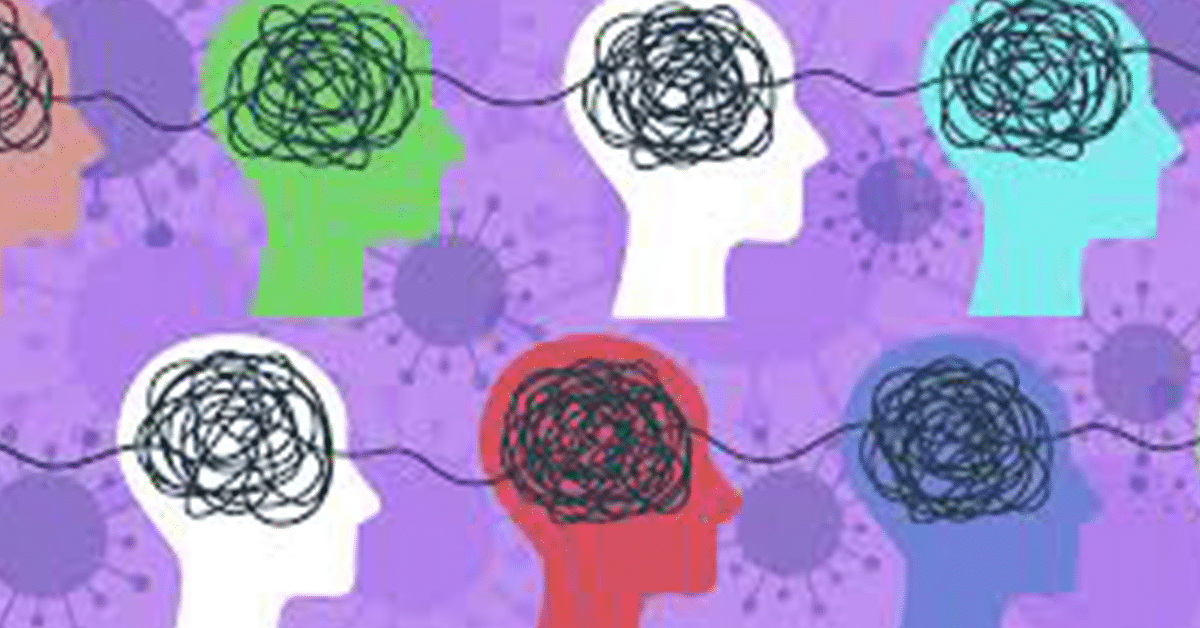Because of societal pressures to be able to “do it all”, we may feel a sense of shame when we find it impossible to manage. This shame only adds to existing feelings of overwhelm, and can lead to added feelings of self-doubt, inadequacy, and symptoms of depression and/or anxiety.
I personally believe women are so incredible. We are capable of so much, in spite of the struggles we face. Oftentimes we minimize our collective struggle as a result of chronic invalidation by society at large. Validation can be very healing because we realize we’re not alone and we’re not “irrational” for feeling negatively about all that we face as women. Talking with other women about our collective struggle is validating and healing. It’s also the start of change.
Some common struggles that women in America face today include:
-
Gender pay gap: Women on average earn less than men for the same work, and this disparity is even greater for women of color. In the US, for every 100 men who are promoted, only 86 women are promoted (McKinsey & Company, 2021).
-
Work-life balance: Many women struggle to balance the demands of work, family, and personal responsibilities. Despite being vastly outnumbered in senior leadership, women are shouldering roughly double the responsibility of mentoring and sponsoring early career employees (McKinsey & Company, 2021). Additionally, Women perform 65% of domestic and care work in the home, while men do about 35% of the work. Stay tuned for my upcoming blog on invisible labor!
-
Sexual harassment and assault: Women continue to face high rates of sexual harassment and assault in the workplace and in other settings. 38% of women experience sexual harassment in the workplace (NPR, 2018).
-
Reproductive rights: Access to reproductive healthcare and the right to make decisions about one’s own body is an ongoing issue for many women.
-
Social and cultural expectations: Women may also face societal pressure to conform to traditional gender roles, which can limit their opportunities and create feelings of inadequacy or frustration. 2 million women left the workforce during the pandemic. Women have historically shouldered domestic and care work in the home, even though children, families, and society benefits from equality at home (therepproject.org).
-
Racial, Ethnic and cultural bias: Women of color and women from ethnic minorities may face additional struggles related to discrimination and marginalization.
-
Mental health: women may face unique mental health challenges related to some of these societal issues. Additionally, because of societal pressures to be able to “do it all” they may feel a sense of shame when they cannot balance it all. This shame only adds to the experiences of overwhelm, and can lead to feelings of self-doubt, inadequacy, and symptoms of depression and/or anxiety.
This is not an exhaustive list, as the struggles can vary depending on individual, socio-economic, cultural, and other factors. If you are struggling with balancing everything that is expected of you and you feel invalidated by your boss, your partner, your family, or society in general, you are not alone and help is available! A women’s therapy group can offer validation, connection, emotional support, tools for setting healthy boundaries and finding balance, tapping into your purpose, improving your self-esteem, and ways to manage your mental health symptoms!
Kaci Smith, LMFT
Keep Reading
Want more? Here are some other blog posts you might be interested in.








